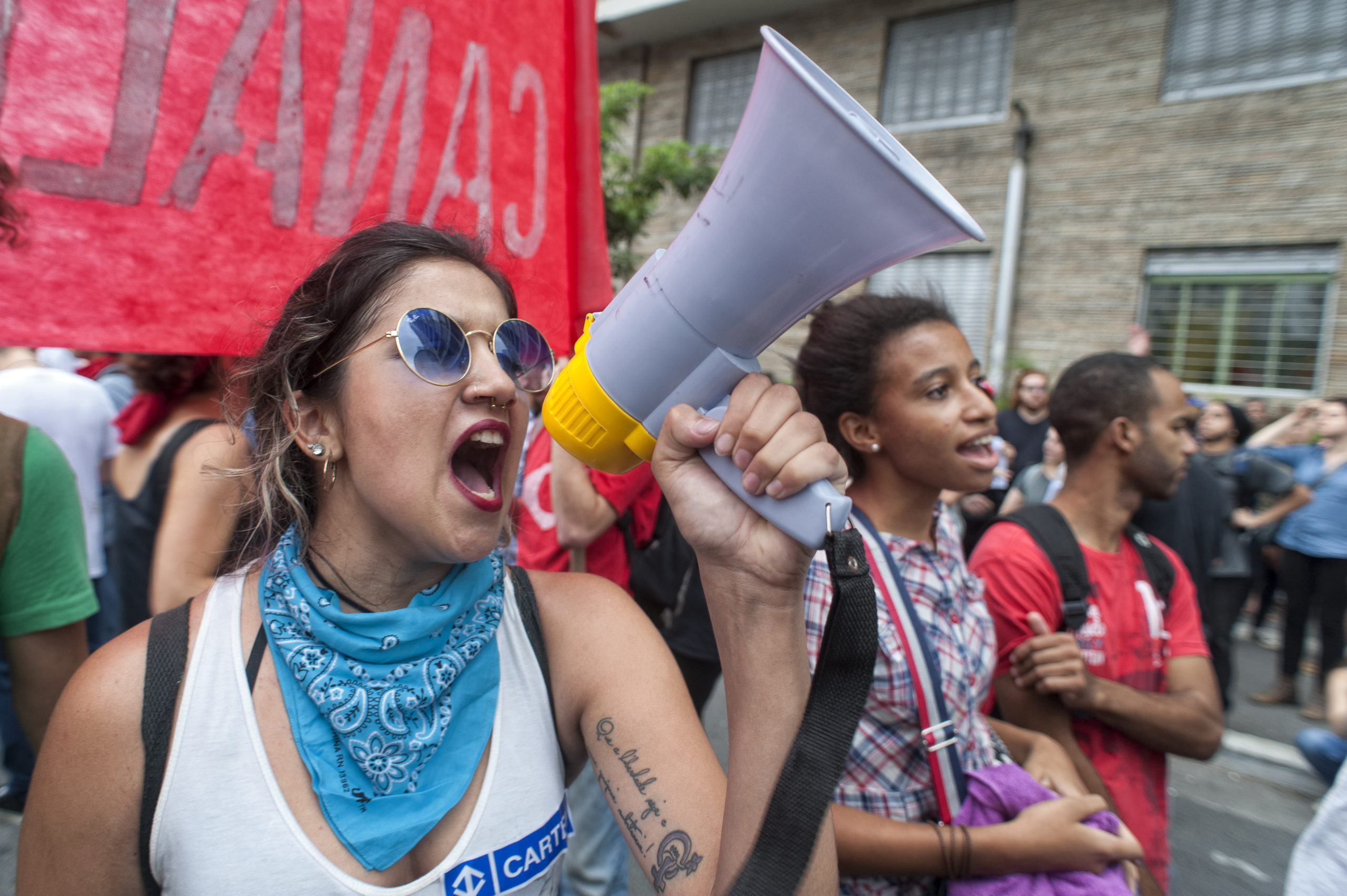Abortion rights, women of color, and LGBTQI+ people are under attack. Pledge to join us in fighting for gender justice.

On June 23, 2021, the Supreme Court ruled 6-3, that a California regulation that grants labor organizers temporary access to agricultural employers’ property for the sake of union organizing is unconstitutional under the Fifth Amendment (applicable to the States through the Fourteenth Amendment). The Court reasoned that allowing union organizers access to growers’ land, even for only three hours per day, 120 days per year, amounted to a physical taking of property, likening it to a government requirement that a grower set aside a portion of its crop, and asserting that it infringed on the property owners “right to exclude.” Further, the majority concluded that the Fifth Amendment requires compensation for “takings,” and the California regulation did not provide compensation.
The dissenting Justices, however, stated that because the California regulation allowed only temporary access, it should have been considered under a more flexible test for takings set forth in Penn Central Transportation Co. v. New York City, 438 U.S. 104, concluding that a regulation temporarily regulating the owners right to exclude does not amount to an automatic Fifth Amendment taking. (“examining the regulation’s “economic impact,” the extent of interference with “investment-backed expectations,” and the “character of the governmental action”). The dissenting justices also raised concerns with the impact of the decision on other governmental regulations that require access to property – such a regulation allowing access to verify wetlands preservation, or to inspect meat.
NWLC and other civil and employment rights groups weighed in as amici to warn that employers could use this holding to weaken other important regulations. While the majority stated the ruling would “generally not” apply to government health and safety inspection regimes, the holding in this case has nonetheless laid the groundwork for private corporations to claim that other government regulations, including those meant to ensure equality, are unconstitutional, and has closed off a critical avenue for California agricultural workers to access their rights to organize into a union.

